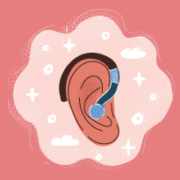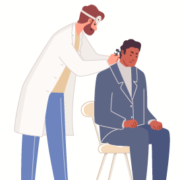6 Reasons to Wear Your Hearing Aids Even More in 2024
Leaning Into Your Devices Helps You Make the Most of the New Year
Maybe you or a loved one bought hearing aids in the last year or so but haven’t worn them as much as planned. If so, you’re not alone. Less than 20% of people who could be helped by hearing aids actually use them, according to public-health experts. Even among people who have hearing instruments, it’s not uncommon for some of those devices to sit in a drawer unused.
As studies show, the reasons for hearing aid underuse or nonuse can vary. One thing’s for sure: Letting your devices collect dust can mean missing out on a diversity of sounds, conversations, connections, and even physical health benefits. So we’ve put together a list of six reasons to use your hearing aids more than ever before in 2024!
Consistency Supports Success
Many may wear their devices only occasionally, but it’s regular use that wins the day. Hearing loss is often gradual, and so is the better-hearing journey. The brain must relearn to recognize a range of sounds, rebuilding the processing pathways that may have waned. “Wearing a device regularly and often,” according to researchers, “is the only means to ensure the brain has had the ability to adapt to increased auditory stimuli.”
Dementia Risk Might Drop
Speaking of the brain: We’ve often talked about studies showing connections between dementia and hearing loss. Research, including a recent finding that hearing aids together with audiologic counseling may cut dementia risk nearly 50%, reinforces the role of treatment in helping protect cognitive health. The ability to think, remember, make decisions, and so much more depends on cognition, which is reduced with dementia.
Loved Ones Will Thank You
What if you told a friend that one of your new-year goals involved wearing your hearing aids more? You’d probably get a high five! The benefits to those around you involve more than just improved communication. Family members of those using hearing aids report significant improvements in mental health, social engagements, relationships, and overall quality of life, per a survey of older adults.
Better Hearing Cuts Risk of Falls
Mechanisms in the inner ear play a role in your sense of balance. Thus hearing loss could make you unsteady on your feet. Even mild hearing loss can mean a tripled risk of falling, per an investigation. A separate study reviewing data from nearly 115,000 people, however, showed a 13% reduced risk of fall-related injuries in older adults newly diagnosed with hearing problems and treated with hearing aids.
Better Hearing = Better Playing
Name a sport you love, and we’ll tell you how healthy hearing can help. Take golf for instance, where hearing can help you associate key sounds with good club-to-ball contact for strengthening your swing toward a better performance on the greens. And that’s just for starters. No matter the game, clear auditory perception lets you recognize critical cues, react swiftly, communicate effectively, and stay attuned to your environment.
Practice Makes Perfect
Like any sophisticated device, hearing aids take time to master. Many work with apps for more personalized control through your smartphone; allow wireless streaming of TV, calls, and other audio; and might even provide language translation or track your brain and body health. Regular use makes it easier to navigate this powerful technology for a more empowering experience in every communication situation.
We’re here to help you make better hearing part of everyday life. For batteries, cleaning kits, or other accessories to support your hearing aid use, don’t wait. Contact our team today!





